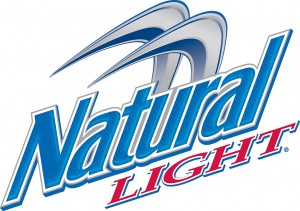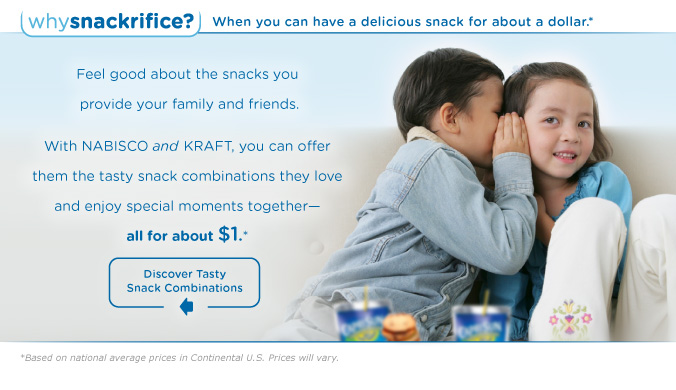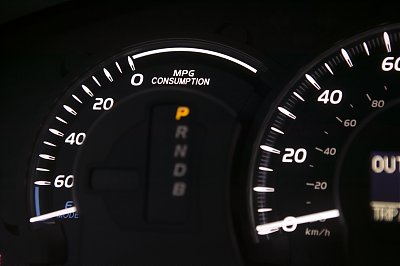For the Love of Words ...

......................................................................................................................................................................
Here at Addison Whitney, the Verbal Branding Department is geared up and ready for National Dictionary Day celebrated on October 16th, 2009! This day in history has been dubbed Dictionary Day in honor of the birthday of Noah Webster, Father of the Dictionary.
How do you plan on spending this National Holiday? Here are a few suggestions: Play a game of Scrabble, Make a list of all your favorite words, Complete a crossword puzzle, or Eat a bowl of alphabet soup. Whatever is it you choose to do, at least take a moment to pause and think what a different place our world would be without words and the meanings we have attached to them ...
Contributed by: Carrie Friedrich
"Nattyisms"

......................................................................................................................................................................
Coining new words and phrases as a branding strategy seems to be rising in popularity among today’s advertising campaigns. Natural Light, who primarily focuses on a target audience of drinkers aged 21 – 35, has created an entire advertising campaign focused on coined words and humor to give their brand a fresh new edge. During recent times, beer drinkers have been shifting towards cheaper beers. In accordance with this shift, Natural Light Beer, a division of Anheuser-Busch, has revealed its first television advertising campaign in Read more
"Snackrifice"

Thought Subway's new "Fauxbesity" lingo sounded strange? Check out another coined word that is gracing the pages of our magazine advertisements. In response to looming economic concerns, Kraft has teamed up with other snack food vendors to put the hungry tummy at ease. These powerhouse snack sellers have created a line of combination snacks in order to satisfy your cravings without leaving a huge dent in your wallet. While advertising these products, Kraft has used the increasingly popular tactic of coining a brand new word in order to define a common scenario facing many consumers today. Thus, the introduction of a "snackrifice" (www.whysnackrifice.com).
Kraft's introduction of "tasty snack combinations" begs this question of consumers: "why snackrifice?" They want to know why you would give up snack time when "you can have a delicious snack for about a dollar." These and many other companies are very aware of how consumers are consciously cutting back on going out to eat and spending money on unnecessary products. They have planned marketing campaigns that highlight the benefits and convenience of packaged goods, and demonstrate how snacks can still fit into your budget. The Kraft Snackrifice campaign, and many others, have appealed to consumers by promising more bang for your buck.
Snack on.
Contributed by Carrie Friedrich
Word of the Day: Westinghousing
Westinghousing: a term used in the late 1800s for the death penalty administered by electrocution
Interestingly enough, the term Westinghousing is attributed to Thomas Edison, who famously competed against the Westinghouse Corporation in the "current wars" of 1887. So why would Edison give a competitor free publicity?
Thomas Edison had patented Direct Current (DC) electricity and with it, created the standard for electricity in the 1800s. The system was hugely inefficient, which opened the door for Nikola Tesla, a professional and personal rival to Edison, to devise a more streamlined technology. Tesla patented AC, or alternating current, and partnered with the Westinghouse Corporation to establish alternating current as the new standard for transmitting electricity.
In attempt to protect his royalties (and name), Edison launched an intense publicity campaign against Tesla's invention. When AC was put to use in electric chairs, Edison realized the power of name association and suggested that the process of electrocution be named Westinghousing.
It was a good try. In one word Edison had linked his competitor's name to a gruesome act, and also reminded consumers that AC was lethal, and therefore, potentially unsafe.
But Edison's branding tactics were not enough to overcome the simple fact that AC was the superior method of electricity distribution. Tesla's alternating current became the standard and (among many other inventions) is still in use today.
Contributed by: Maghan Cook
Word of the day: Staycation
Although this word isn’t defined in the dictionary yet, it is in Wikipedia. According to Wikipedia, a staycation is a period of time in which an individual or family stays at home and relaxes at home or takes day trips from their home to area attractions. This word has become increasingly popular over the summer as gas prices hit record levels. During a staycation, most people become tourists in their own city. They may visit local museums, check out nearby amusement parks and go out to eat. While they are still spending money, they are saving on the big ticket items such as gas and lodging. A staycation can also be less stressful than a traditional vacation because it doesn’t require packing, extensive driving or waiting at the airport. Maybe you can even put some of the money you save from your staycation into a vacation fund for when the economy and gas prices start to turn around.
By: Jessica McGrail
Word of the day: Hypermiler

......................................................................................................................................................................
According to Wikipedia, hypermilers are drivers who exceed the United States Environmental Protection Agency (EPA) estimated fuel efficiency on their vehicles by modifying their driving habits.
The energy in fuel consumed in driving is lost in many ways, including engine inefficiency, aerodynamic drag, rolling friction, and kinetic energy lost to braking. Driver behavior can influence all of these factors to reduce fuel consumption. WIRED magazine discusses the subject at length.
Related terms:
Nempimania (also Nenpimania) is an obsession with getting the best fuel economy possible from a hybrid car. It is derived from the Japanese "nempi" meaning fuel economy, and "mania".
Ecodriving is a term used in Europe to name initiatives which support energy efficient use of vehicles. Check out this site for golden rules on ecodriving.
Contributed by: Maghan Cook
Word of the Day: Antonomasia
antonomasia (an-tihn-uh-MAY-zha)
noun
Latin word, from the Greek antonomazein, meaning “to name instead”
anti- {instead of} + onomazein{to name (from onoma, name)}
1. The substitution of a title or epithet for a proper name, as in calling a judge "Your Honor."
2. The substitution of a personal name for a common noun to designate a member of a group or class, as in calling a traitor a "Benedict Arnold."
Read more
